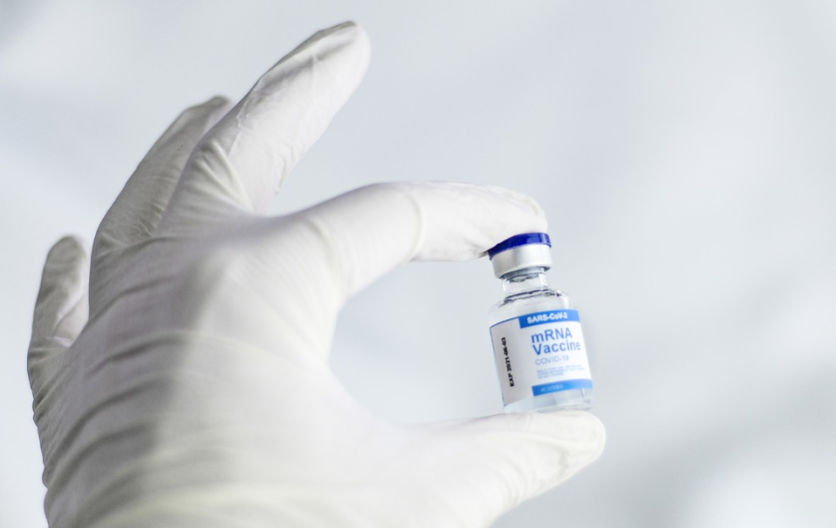
The United States is donating 750,000 vaccine doses for COVID-19 to Taiwan in a program to distribute shots around the world. This move may also help improve the ongoing global chip shortage by avoiding a complete lockdown for the country as COVID-19 cases continue to surge.
U.S. to Donate Vaccines
U.S. Senators Tammy Duckworth, Dan Sullivan, and Christopher Coons announced the plan at Songshan Airport in Taipei as part of the official visit. This will be considered as the first batch of vaccine doses donated by the U.S.
According to Reuters, Duckworth said at a news conference that it was crucial to the United States that Taiwan be included in the first group to receive vaccines because they recognize the urgent need and value their partnership.
Taiwan Foreign Minister Joseph Wu thanked the United States for the donation before he declared that while they are doing their best to import vaccines, Taiwan is adamant about solving issues to ensure that these vaccines are delivered free of trouble from China.
While China has offered vaccines that they've developed, Taipei voiced their concerns about their safety. Taiwan has banned vaccines from China as a result of their ongoing feud.
The U.S. donation follows a similar act by Japan, which donated 1.24 million doses on June 5, according to Apple Insider.
As of June 6, only 3% of the 23.5 million people have received the vaccination. The majority of them only got their first shot and are still awaiting the second dose. Taiwan is currently suffering from a rise in COVID-19 cases.
The pandemic's problems in Taiwan are expected to worsen the global chip shortage, with infections shutting down two key Apple supplier King Yuan Electronics factories on June 5.
Currently, Taiwan has been placed on warning level 3 due to the number of daily COVID-19 cases that it has reported. This is a level below another total lockdown. If another lockdown happens, it will force numerous facilities around the country to shutdown and halt production, according to CNBC.
COVID-19's Effect on Production
The COVID-19 pandemic is still affecting the operation of numerous Apple suppliers.
On June 6, Nissan announced that its latest electric SUV, Ariya, will be delayed because of the combination of the coronavirus pandemic and the effects of the global chip shortage, Reuters reported.
Nissan announced in 2020 that it had planned to start sales of the Ariya in Japan from mid-2021. However, the rollout of the limited model in Japan has been pushed to this winter, executive vice president Asako Hoshino stated.
Hoshino said that the sales in the United States and Europe will usually come around two months later. Nissan is expecting the new model to sell around thousands during its first years of sales. It is expected Europe will be the area where the demand will be the highest.
Hoshino added that in Europe, the Ariya will contribute to the overall unit sales when she was asked what the significance of the model is to Nissan.
The Ariya is Nissan's first brand-new electronic vehicle in almost a decade after the Leaf hatchback, which made its mark as the world's first mass-market electric vehicle.
The model will also be sold in China, but no specific timeline has been given yet.
Related Article : Global Chip Shortage to Persist Until 2023--Demands for PC to Slightly 'Soften' in the Next Years
This article is owned by Tech Times
Written by Sophie Webster
ⓒ 2026 TECHTIMES.com All rights reserved. Do not reproduce without permission.




